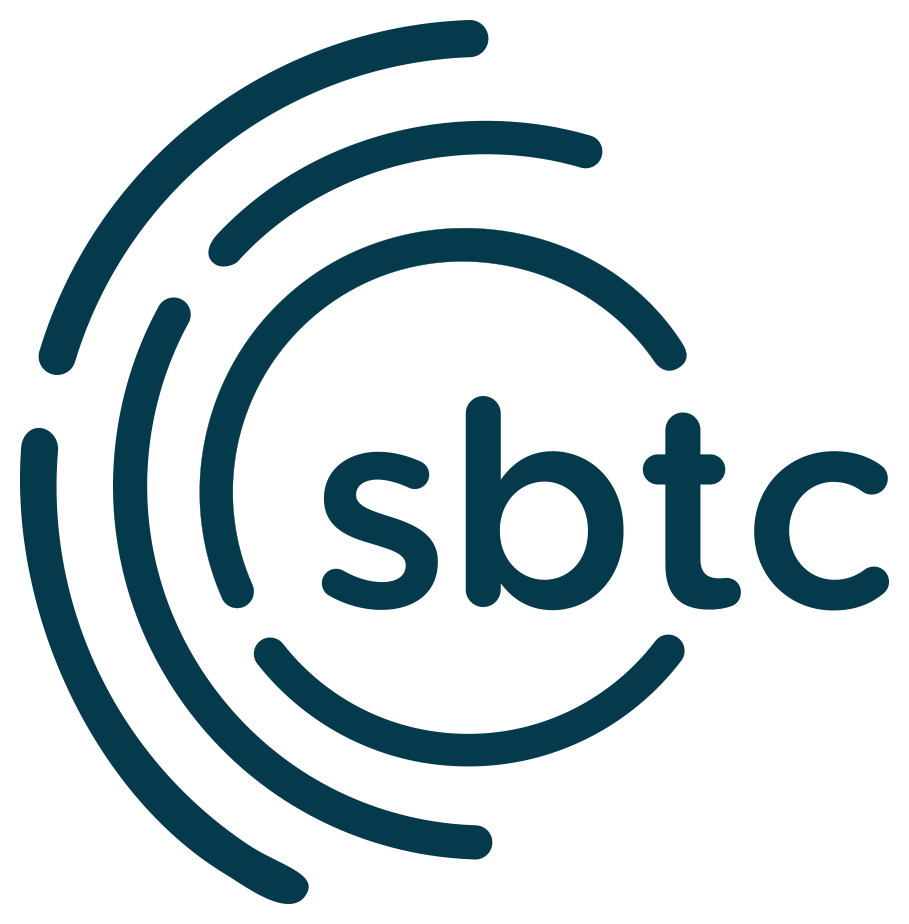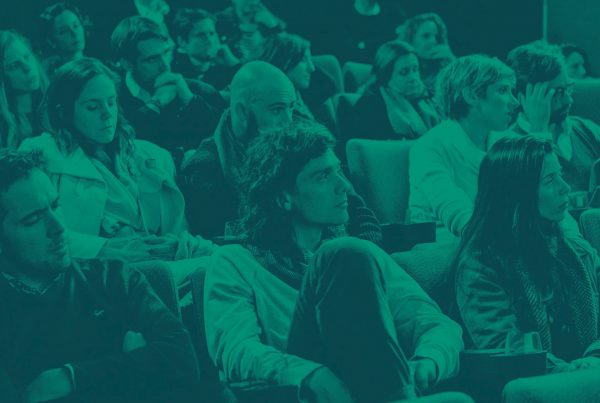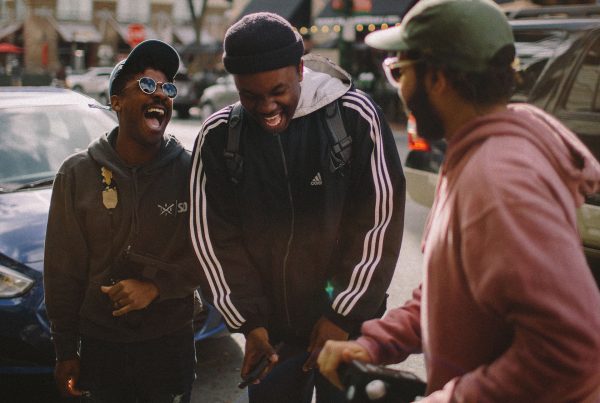Do you remember several years ago the two hurricanes named Harvey and Irma? These hurricanes consumed our news media, prayer time and conversations as we witnessed the devastation and destruction of homes, land and human life.
During that time, some meteorologists reported that as a result of Harvey, somewhere between 25 to 30 trillion gallons of water were dumped on Southeast Texas and southern Louisiana. It is difficult to imagine that amount of water falling in such a relatively short period of time. When experts showed the image of Irma overlaying the Sunshine State, it blew me away. This dynamic duo—Harvey and Irma—is still being discussed. My guess is that they will be spoken about for years and decades to come.
During that time, I was pleased to discover that in some quarters, the primary conversation that rose above the rhetoric of the storms focused on something more powerful than Harvey and mightier than Irma. I am referring to the help people gave each other regardless of race or skin color.
Though we find ourselves in several crises that are racial, political, and Covid-19 related, we can still help each other no matter the color of a person’s skin or their ethnic background. Additionally, although much communication occurs on social media (in terms of race relations), we should do our best to circulate language that unites us rather than divides us.
Let me go back to my observations during the hurricanes. I am intentionally treading very lightly when writing about “silver linings” with Harvey and Irma as I do not want to be insensitive or spiritualize those two hurricanes that ravaged property and resulted in the loss of lives. However, we must not overlook how people treated others with dignity and respect and helped each other regardless of race. My prayer is that this would occur in our current racial challenges.
After those hurricanes, if you were an African American and you saw Asians who needed help, race and ethnicity didn’t matter—you just helped them. If you were White and you saw Hispanics or Latinos who needed help, race and ethnicity didn’t matter—you just helped them. Everyone, including those who were not in the direct path of the storms, was in rescue mode. We are in the midst of a racial storm, and we all need to be in rescue mode. People need rescuing from the winds of racism, rescuing from the waves of prejudice, rescuing from using language as lightning bolts to blast each other out of existence just because there are different opinions on matters of race. Such actions occur, but there is always good news.
Though those storms were destructive, I found comfort in knowing that Harvey and Irma did not sneak up on God. Even before those hurricanes were way less than a Category 1, God knew they were coming. God is omniscient, and nothing sneaks up on him or takes him by surprise. The psalmist says, “Great is our Lord and abundant in strength; His understanding is infinite” (Psalm 147:5), and Matthew reminds us that God has numbered “the very hairs” of our heads (Matthew10:30). He is all-knowing.
God knew those hurricanes were coming, and he also knew that race wouldn’t matter when people needed rescuing. Just as the winds from the storms caused abnormal surges that rose some 6-12 feet above sea level, we saw humanity rise above racial divisions. We can do it again. We must. I believe we will.
How can we continue to be light that shines in the storms of racial division?
- Communicate about race without becoming angry. This is easier said than done. Nevertheless, it must be done if we are going to grow in our understanding of one another. We have to be willing to intentionally listen without being defensive. James is correct—“Everyone must be quick to hear, slow to speak andslow to anger;for the anger of man does not achieve the righteousness of God” (James 1:19-20). Next time you are in a conversation about race, racism or anything in that vein that can potentially be “stormy,” intentionally listen even if you disagree. Listening will help move the conversation forward, as mutual respect will obviously be present.
- Develop cross-racial or cross-cultural relationships. If you do not have such a relationship, ask the Lord to bring someone from another race into your life who will become a good friend. For 30-plus years, I have had the privilege of providing pastoral and ministerial care not only to African Americans (which is the racial majority at the current church where I serve) but also to other races and people from other cultures. One thing I have learned is that we have more in common than we may realize: “For He Himself is our peace, who made both groups intoone and broke down the barrier of the dividing wall” (Ephesians 2:14). If any group of people should be an example of racial unity, it should be the body of Christ.
- “Carefront” people publicly and privately. One need not be afraid of speaking directly to those who oppose racial unity. You do not have to be mean-spirited, just be filled with the Spirit and the love of God. Avoid embarrassing and humiliating people, but never compromise your convictions by just “going along to get along.” At times, you may have to do what Paul did. He writes, “But when Cephas came to Antioch, I opposed him to his face, because he stood condemned.For prior to the coming of certain men from James, he used to eat with the Gentiles; but when they came, he began to withdraw and hold himself aloof, fearing the party of the circumcision” (Galatians 2:11-12). Use your influence to steer people in the right direction.
- Forgive people. Forgiveness is like a Category 5 hurricane that does great damage to relationships. When someone asks for forgiveness, forgive him. Give that person a new start as if the offense never occurred. Remember to “be kind to one another, tender-hearted, forgiving each other, just as God in Christ also has forgiven you” (Ephesians 4:32).
- Share the gospel in both word and deed. 1 John 4:10-11 says, “In this is love, not that we loved God, but that He loved us and sent His Son to be the propitiation for our sins. Beloved, if God so loved us, we also ought to love one another.” In other words, because of the gospel, because of what God did for us in sending his Son to die for our sins, we should love one another. The gospel is the cure for racial tensions; the gospel unites us. So let us declare the gospel with our mouths, but let us also declare it with our hands—“Little children, let us not love with word or with tongue, but in deed and truth” (1 John 3:18).
Just as sustained hurricane winds are put into categories ranging from “some damage” to “catastrophic damage,” let us sustain our effort to build unity across racial lines. By doing so, we will cause catastrophic damage to the kingdom of darkness.
This article is adapted from an article I wrote for Theological Matters for Southwestern Baptist Theological Seminary.








